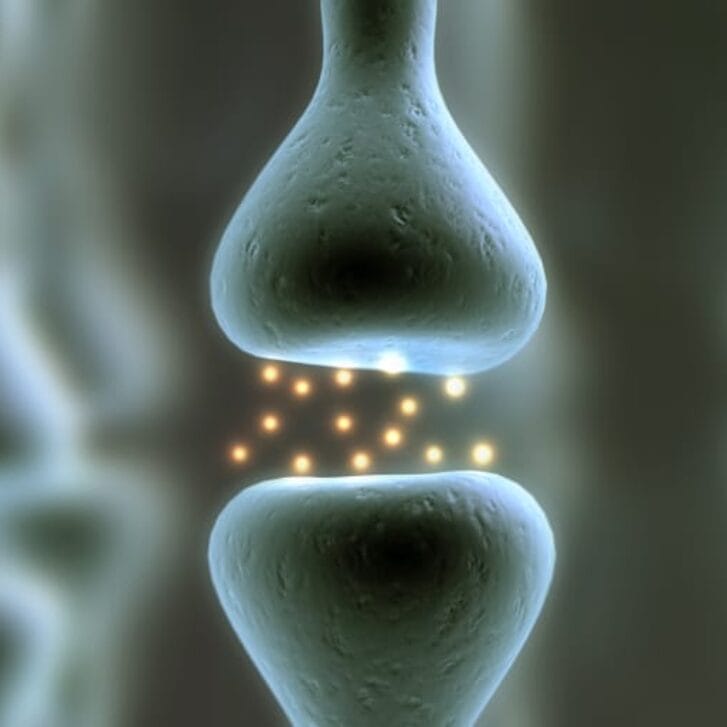Over the years, many of our assignments with clients have revealed recurring dilemmas in decision-making where achieving a balance is crucial. Without balance, executives can go off track and derail their own careers.
Balancing decisions around tasks and relationships, ego and empathy, and giving and receiving feedback solves those dilemmas. Task skills, for example, use linear, logical, analytical, operational and focus-on-the-numbers abilities, while relationship skills use strategic, empathetic, intuitive, collaborative and mindful-of-the-big-picture abilities.
Decision-making requires both, and balancing the competing interests is a challenge. This this is where the knowledge of the effects of serotonin helps. (Read the first part of this blog for more information about brain chemistry and decisions.)
Changes in diet, exercise and stress can cause serotonin levels to fluctuate, and evidence uncovered by Molly Crockett of the University of Cambridge suggests that low serotonin has a proclivity to make a person vengeful or aggressive.
In our coaching practice, we have found a stressed executive often will focus on task skills and may not be mindful of the quality of work relations, or may focus too much on relations and forgo proper task completion.
Ensuring moderate levels of serotonin in executives through diet and exercise may turn into a potential insurance policy against vengeful acts. It may even bring about a better balance of tasks and relationships.
Our practice has also revealed insights regarding the balance between ego and empathy. An executive with an inflated ego is likely to make egocentric decisions. Conversely, if the executive is ruled by empathy for others at all costs, his or her decisions will be dictated by others.
Let’s again consider serotonin. Does empathy increase the production of serotonin or does serotonin increase empathy? Can the thorny executive become a more collaborative leader with higher levels of serotonin? Some of our experience in the field has shown that if we help executives practice empathy, ego retreats.
In many of our executive assignments, we offer clients feedback about their behavior and the impact it is having on individuals and their company. We also provide skills in properly giving feedback to others. Executives give feedback more readily than they accept it and our work often comes down to helping executives increase the value of their interpersonal behavior. This sounds easy, until one encounters the defense mechanisms executives use to block feedback.
If higher levels of serotonin lead to cooperative behavior, does it suggest a corresponding reduction of an executive’s defense mechanisms?
Leaders might want to consider the control they have over their impulsiveness, anger and emotions when making decisions. They could ask themselves if their decisions are based on bias, favoritism, revenge or power struggles—which are evidence of low serotonin.
Seeking answers to whether serotonin levels bring about more balanced decisions demonstrates the value of neuroscience research to the field of leadership studies and the practice of executive leadership development coaching.
Editor’s note: Read Peter’s Part 1 to “Neurochemistry and Three Dilemmas in Executive Decision-Making.”


























